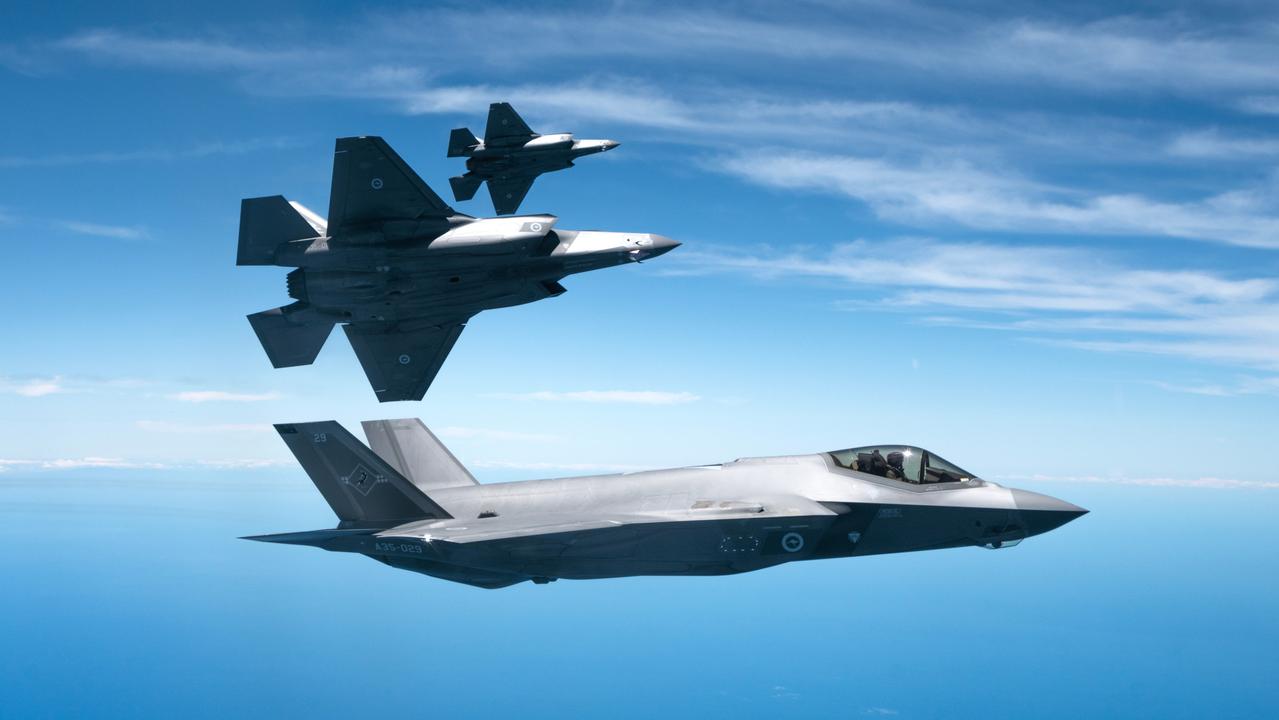De-risking of the procurement process must become a priority
The Integrated Investment Program, announced by the federal government in August, is set to boost Defence spending by a staggering $330bn over the next decade. This is no small feat, and it’s clear that infrastructure is a major focus of the program.

As the head of Defence at JLL, I’ve watched with keen interest as Australian Defence embarks on an ambitious capability growth and procurement journey. The Integrated Investment Program (IIP), announced by the federal government in August, is set to boost Defence spending by a staggering $330bn over the next decade. This is no small feat, and it’s clear that infrastructure is a major focus of the program.
From modernising training institutions and accommodation to further developing the Defence estate, particularly across the north of the country, the scale of this undertaking is immense.
However, as we prepare to get these works under way, there’s one aspect that I believe requires renewed focus: the procurement of contractors and supplies.
In my years of experience, I’ve seen the procurement landscape evolve dramatically. Technological advancements, geopolitical tensions, and escalating demands for transparency and accountability have transformed it into a complex arena that’s both challenging and full of opportunity. But more than ever, it demands strategic de-risking.
Procurement has become a multi-layered ecosystem of diverse stakeholders and sophisticated technologies. As we move forward, our priority must be to de-risk processes, bolstering supply chain integrity and strategic readiness. This is not just a matter of efficiency; it’s a matter of national security.
As we begin contractor onboarding, we must keep in mind high-profile incidents like the global CrowdStrike IT outage. This serves as a stark reminder of the enormous ripple effect that cybersecurity vulnerabilities can have.
The Defence estate is under intense scrutiny to not only ensure compliance and ethical conduct but also to foster innovation without compromising security and sovereignty. We’re embracing cutting-edge technologies and supplier diversity, but we are at a crossroads where the balance between cost-efficiency and quality assurance is increasingly precarious. In this interconnected and volatile environment, I believe there are four key considerations that could be crucial in averting a crisis:

First, cybersecurity and IT integrity. Our Defence operations rely heavily on digital infrastructure, and inadequately planned procurement can compromise not only operational effectiveness but also national security. We must implement thorough vetting of IT service providers, ongoing cybersecurity training for Defence personnel, and rigorous oversight of the digital components in our estate projects.
Second, ethical compliance. Maintaining ethical procurement practices amid increasing geopolitical and financial pressures requires greater diligence than ever. We need to mandate transparent reporting through AusTender and strictly adhere to commonwealth procurement rules. Beyond this, we must embed a culture that fosters integrity and implement rigorous vetting of suppliers.
Third, sovereignty concerns. Globalisation has woven international suppliers into our Defence procurement fabric. While this can enhance capabilities, it also raises concerns about sovereignty and dependency. We must prioritise sourcing from domestic suppliers or allies and have safeguards and contingencies for supply chain disruptions.
Lastly, we must address the tension between cost and quality. Balancing budget constraints with the need for high-quality equipment and services is a significant challenge. While cost-efficiency is crucial, it should never come at the expense of quality. We must evaluate projects for long-term value over immediate cost savings, fostering transparent and diverse supplier relationships to build and strengthen sovereign supply chains.
As we navigate this complex procurement landscape, these considerations will be paramount. The stakes are high, but with strategic foresight and careful planning, I’m confident we can deliver the infrastructure our defence forces need while mitigating risks and ensuring value for money. The future of our national security depends on getting this right.
-
Geoff Camp is Defence Vertical Lead, JLL


